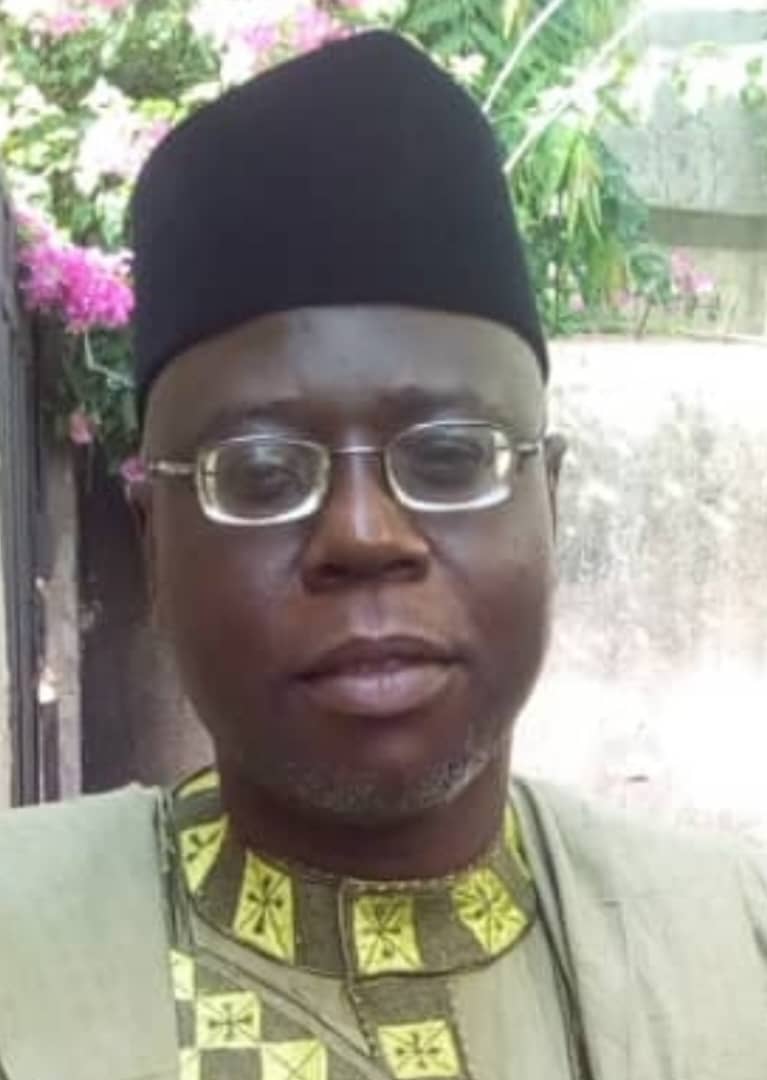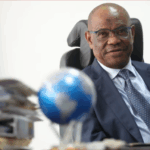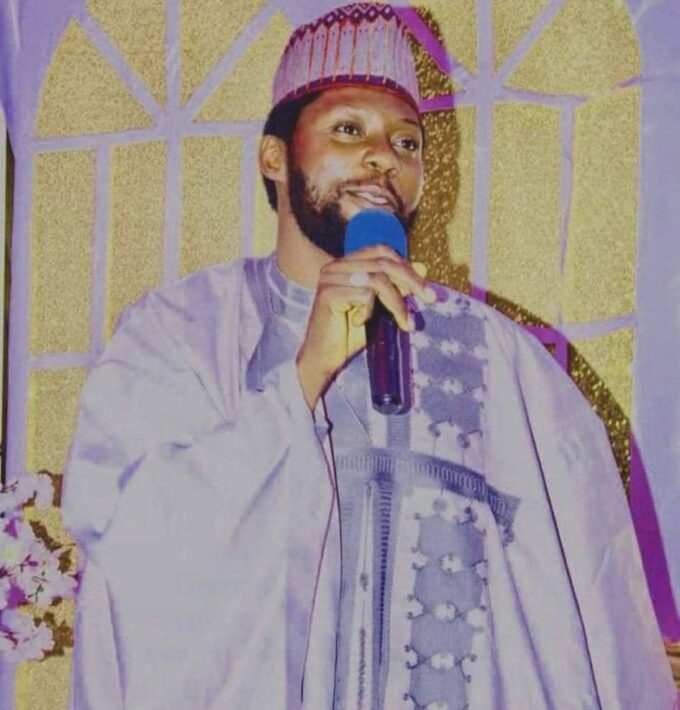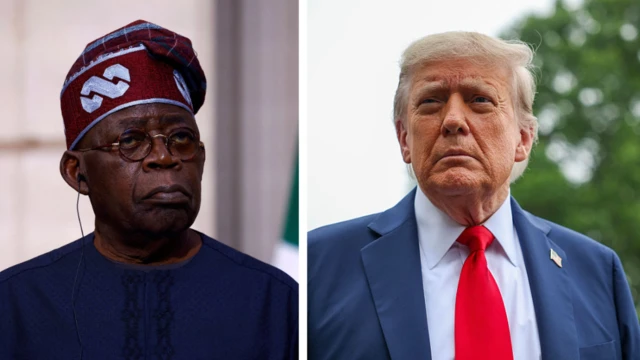At the recently concluded 80th United Nations General Assembly (UNGA), Nigeria made a forceful return to the multilateral stage. Represented by Vice President Kashim Shettima, on behalf of President Bola Ahmed Tinubu, the delegation engaged actively across strategic forums on climate justice, global governance reform, mineral sovereignty, and financing for development.
From the podium of the General Assembly to bilateral sidelines and policy roundtables, Nigeria struck the right notes demanding equity, calling for justice, and positioning itself as a voice for Africa and the Global South.
Yet, behind the headlines and hashtags, a question looms large, How does this outward-facing diplomacy reconcile with the inward-facing challenges Nigerians endure daily?
A Vocal Presence, A Confident Posture
Nigeria’s UNGA 80 message was delivered with unusual clarity and conviction. In his national address, read by Vice President Shettima, President Tinubu called for a new global order based on fairness, representation, and reform.
He declared: “The United Nations will recover its relevance only when it reflects the world as it is, not as it was.”
Central to this demand was Nigeria’s long-standing campaign for a permanent seat on the United Nations Security Council (UNSC)a position Nigeria has championed for decades through the African Union’s Ezulwini Consensus.Tinubu did not mince words: “Nigeria must have a permanent seat at the UN Security Council. This must take place as part of a wider institutional reform. If we fail to reform global governance, we risk rendering these institutions irrelevant.”
This appeal is not a vanity project. A permanent seat for Nigeria would enable the country to shape global responses to the very crises that affect its own security terrorism, climate shocks, and financial injustice. It would allow Nigeria to better defend African interests on issues ranging from conflict resolution to digital governance and migration.
Given Nigeria’s peacekeeping history, its demographic weight (over 230 million people), and its regional influence, the argument for inclusion is not only moral,it is strategic.
Key Engagements and Side Event Outcomes:
Beyond the General Debate, Nigeria took part in several side events that offered opportunities to translate rhetoric into partnerships.
At the Africa Minerals Strategy Group (AMSG) high-level roundtable chaired by Solid Minerals Minister Dr. Dele Alake Nigeria pressed for African control of the critical minerals value chain. Tinubu’s message was clear: “Africa must build industries on African soil. We must end the ignoble cycle of exporting rocks and importing finished goods.”
At the Climate Ambition Summit, Nigeria reaffirmed its pledge to energy transition, green financing, and clean industrialization. However, while VP Shettima’s participation signaled Nigeria’s alignment with global goals, analysts noted the lack of updated domestic NDC targets or concrete implementation pathways.
During the SDG Action Weekend and Financing for Development Dialogues, Nigeria called for structural reform of global financial systems. Tinubu argued: “I am calling for a new and binding mechanism to manage sovereign debt a sort of International Court of Justice for money.”
This is a timely call, considering Nigeria’s own struggle with external debt servicing, currency volatility, and limited fiscal space. Yet, without a credible plan to improve domestic revenue, plug leakages, and enhance transparency, this global advocacy could appear hollow.
Domestic Reality: Rhetoric Meets Resistance
President Tinubu’s UNGA speech presented Nigeria as a nation of reform one embracing tough decisions for long-term gain. Indeed, he acknowledged the pain of subsidy removal and currency liberalization: “The government has taken difficult but necessary steps to restructure our economy and remove distortions, including subsidies and currency controls that benefited the few at the expense of the many.”
But at home, Nigerians face daily hardship: inflation exceeding 25%, surging transport costs, job insecurity, and worsening poverty. The disconnect between diplomatic optimism and economic reality risks eroding public confidence.
Moreover, as Tinubu calls for fairer global rules, his administration must also ensure domestic fairness ensuring that reform burdens are equitably shared and not borne disproportionately by the poor.
Security: The Homefront Imperative
Tinubu’s speech touched on the ideological roots of security challenges: “Military tactics may win battles measured in months and years, but in wars that span generations, it is values and ideas that deliver the ultimate victory.”
This line, while philosophical, holds truth for Nigeria, where insecurity remains rampant across the North-East, North-West, and Middle Belt. Calls for global security collaboration must be matched with investment in local peacebuilding, deradicalization, and a justice system that works for the vulnerable.
Granting Nigeria a permanent UNSC seat could enhance its ability to convene international support and prevent conflict across West Africa, but it must also prove that it can stabilize its own territory.
Bridging the Gap: From Global Promise to Local Progress
There is no doubt that Nigeria’s presence at UNGA 80 was a diplomatic win. The delegation was visible, vocal, and visionary. Yet diplomacy cannot substitute for development. Speeches at the UN must lead to policies at home, monitored transparently and implemented with accountability.To bridge the gap between promise and performance, Nigeria must:
i. Create a national follow-up mechanism to track international commitments made at UNGA.
ii. Publish timelines and scorecards for policy actions related to SDGs, energy transition, and debt management.
iii. Empower civil society and media to monitor reforms and challenge underperformance.
iv. Ensure that reforms prioritize inclusion, equity, and justice, not just fiscal correction.
Final Thoughts: Diplomacy as a Mirror
UNGA 80 reminded the world of Nigeria’s vast potential. The boldness of President Tinubu’s speech, even through the voice of Vice President Shettima was a statement of intent. It signaled that Nigeria no longer seeks validation, but participation on equal terms.However, diplomacy must serve as a mirror not a mask. It must reflect not only what we tell the world, but also the realities we are willing to confront at home.
While Nigeria’s presence at UNGA was well-coordinated and symbolically powerful, the true measure of global advocacy is its domestic consequence. The question remains what has materially changed for the average Nigerian since these declarations were made? Have we seen new foreign investments flow in? Has the cost of living dropped? Has insecurity subsided? Has trust in governance deepened?So far, the answers are mixed.
Global speeches and summits may build reputational capital, but unless that capital is converted into economic relief, social opportunity, and democratic accountability, it will remain a hollow currency. The time for diplomatic victory laps has passed, what Nigerians now demand is proof, proof that international visibility translates into national progress.
“The time to reform is now,” Tinubu warned the world. That warning applies equally and perhaps more urgently within. A Nigeria that commands a seat at the global table must first prove it can deliver justice, dignity, and hope at home.
Tijjani Sarki is a Good Governance advocate and public policy analyst, writes from zawaciki, Kano.
Twitter: @Tijjani_Sarki
October 5, 2025














Leave a comment